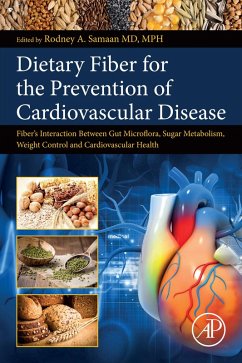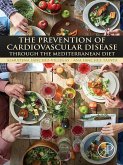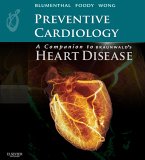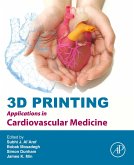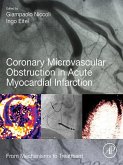By focusing on the science behind how fiber, both soluble and insoluble can lead to lower rates of heart disease, this important reference will educate researchers, cardiologists, medical providers and students on how to improve patients' hearts via a fiber rich diet. Coverage includes the known mechanisms of how fiber works to reduce insulin resistance, control weight, reduce cholesterol by binding with bile, maintain stable glucose levels and influence gut microflora.
- Explains how fiber affects cardiovascular disease through the influence on insulin resistance, reduction of cholesterol, change in gut microflora and in weight control
- Provides thorough coverage of the effect of fiber on arrhythmias and valvular abnormalities
- Includes information on the indirect relationship between constipation and heart disease
Dieser Download kann aus rechtlichen Gründen nur mit Rechnungsadresse in A, B, BG, CY, CZ, D, DK, EW, E, FIN, F, GR, HR, H, IRL, I, LT, L, LR, M, NL, PL, P, R, S, SLO, SK ausgeliefert werden.

